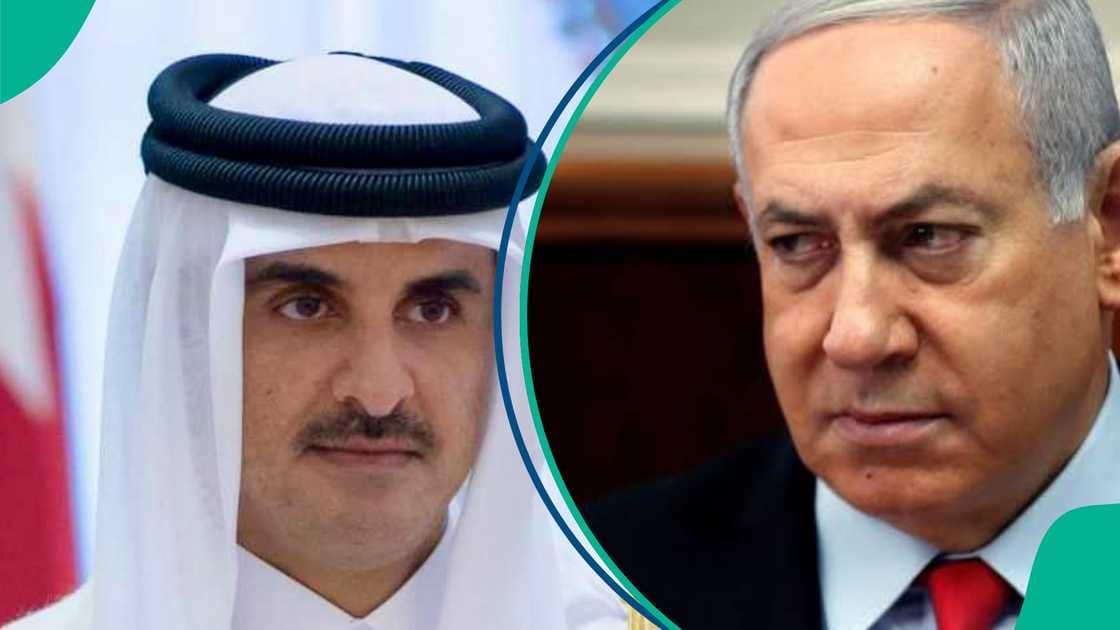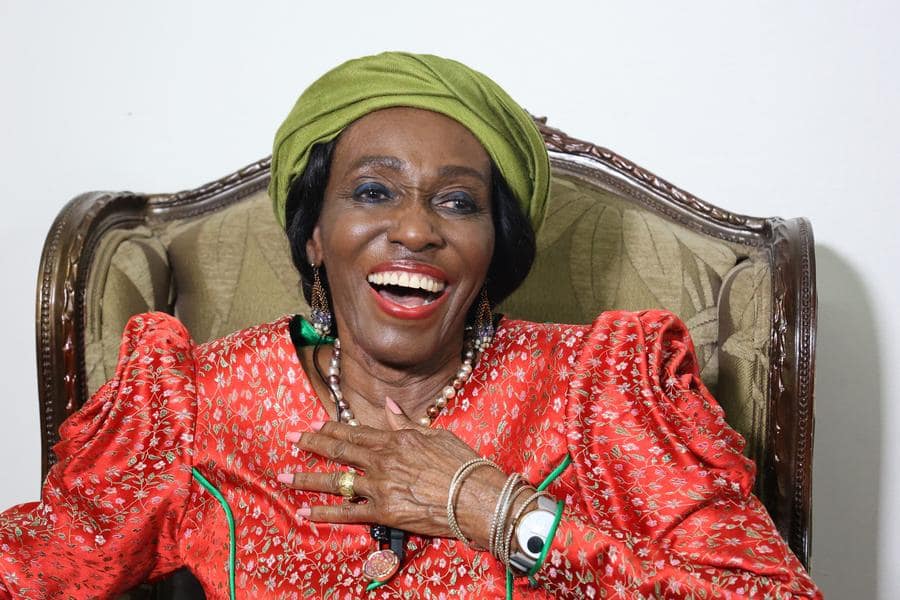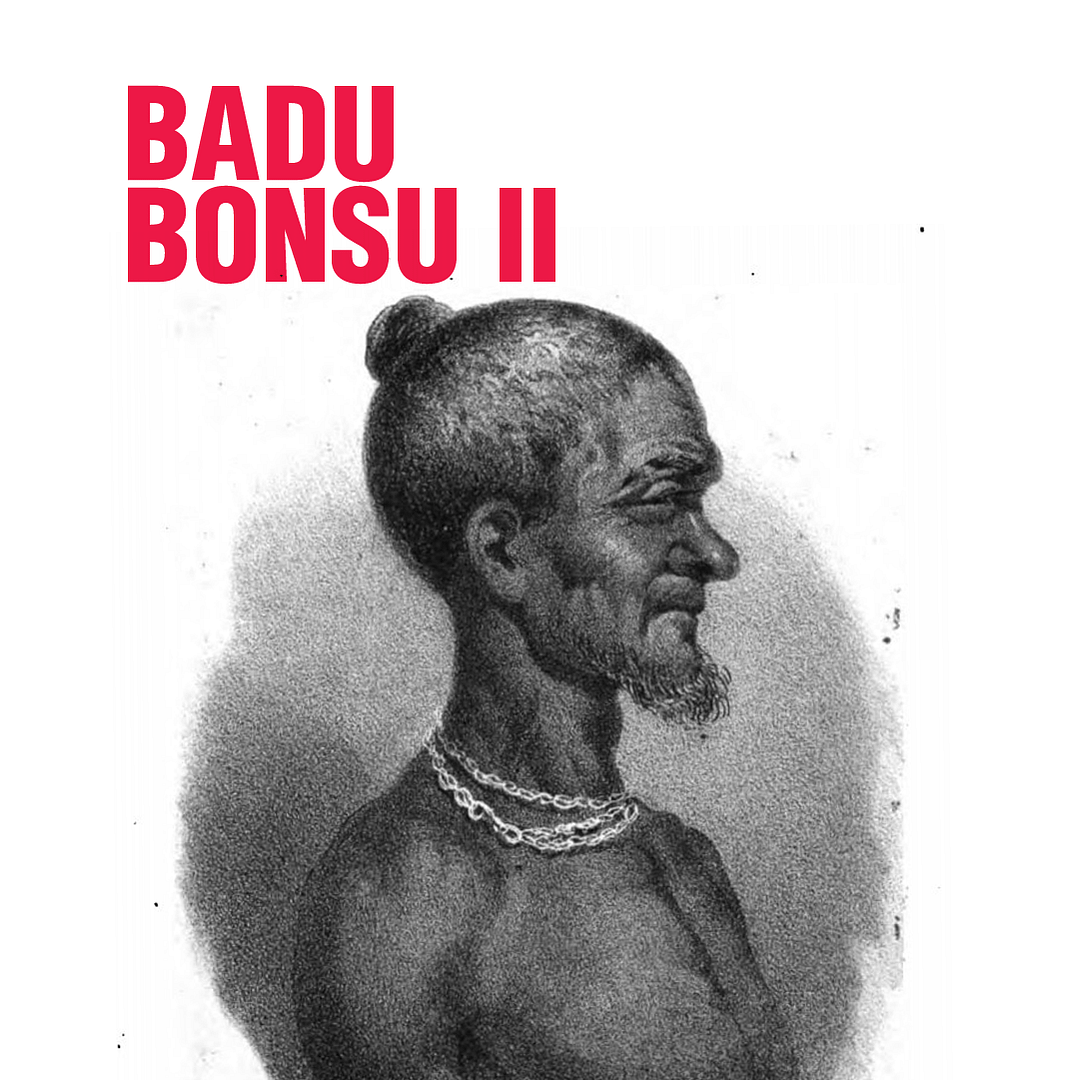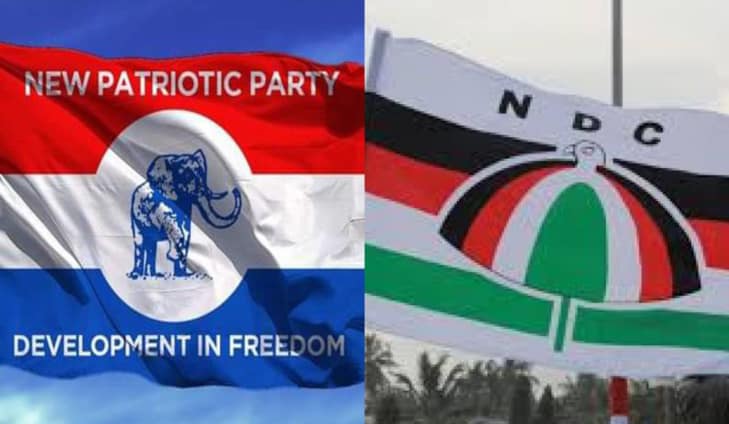
Israel Conducts Unprecedented Strike on Qatari Soil
On September 9, 2025, Israel executed its first-ever airstrike inside Doha, Qatar—a motorized, highly targeted operation aimed at senior Hamas officials. The missile strike struck a residential compound in the Qatari capital, killing several individuals, including a prominent Hamas aide and a Qatari security official. Some key leaders survived the attack. Qatar, which was mediating efforts for a Gaza ceasefire, immediately condemned the assault as a profound breach of sovereignty and diplomatic norms.
International Condemnation Floods In
The strike was met with swift and widespread rebuke from global leaders, with concerns about escalating regional instability and the undermining of critical ceasefire negotiations.
- Germany
Chancellor Friedrich Merz and Foreign Minister Johann Wadephul denounced the strike as “unacceptable” and a blatant violation of Qatar’s sovereignty. They emphasized that such actions threaten ongoing peace efforts and undermine humanitarian progress. Merz personally conveyed Germany’s dismay to Qatar’s Emir. - United States
President Donald Trump expressed deep regret over the strike, calling it “unfortunate” and noted that it did not align with U.S. or Israeli strategic interests. The White House stated that while the U.S. supports Israel’s objective to dismantle Hamas, an attack on a sovereign ally like Qatar is counterproductive. Trump directed his aide to warn Qatari authorities beforehand, though the advance notification arrived too late. - China
Through spokesperson Lin Jian, the Chinese Foreign Ministry severely criticized the strike as a violation of territory and stressed that it escalates regional tensions. Beijing called for restraint and urged renewed diplomatic efforts. - Russia
Moscow labeled the strike as a gross breach of the UN Charter and a dangerous affront to Qatar’s sovereignty, warning it could spiral the region into greater instability. - United Nations
Secretary-General António Guterres condemned the attack as a “flagrant violation” of Qatar’s territorial integrity, and highlighted its risks to ongoing peace processes. - United Kingdom
Prime Minister Keir Starmer denounced the attack as an infringement of sovereignty and a destabilizing act. Downing Street denied prior knowledge of the operation and reiterated its support for a ceasefire and expanded humanitarian aid. - Qatar
Prime Minister Sheikh Mohammed bin Abdulrahman Al-Thani called the strike a “blatant attack,” asserting Qatar’s right to respond and advocating for a unified regional reaction.
Strategic and Diplomatic Fallout
- Ceasefire Negotiations in Jeopardy
Qatar—playing a critical mediating role in talks between Israel and Hamas—paused its efforts following the strike. Analysts warn that the operation could irreparably derail peace channels and hostage release agreements that had been delicately constructed. - Israel’s Escalatory Messaging
In response, Israel’s Defense Minister Israel Katz issued a warning of broader military operations, stating Israel would “strike Hamas everywhere.” The declaration signals an escalation of military posture in the region.
Global Reactions Recap
| Country/Organization | Reaction |
|---|---|
| Germany | Called strike “unacceptable,” violated sovereignty, risked regional peace. |
| United States | Expressed disapproval; said the attack undermines peace goals and strategic alliances. |
| China | Opposed sovereign violation; urged de-escalation. |
| Russia | Denounced as a gross violation of international law. |
| UN Secretary-General | Condemned as sovereignty violation, jeopardizing diplomacy. |
| United Kingdom | Described as a threat to stability; reaffirmed ceasefire support. |
| Qatar | Condemned as “blatant”; reserved the right to retaliate. |
| Israel (Defense Ministry) | Threatened wider action against Hamas, signaling escalation. |
What Comes Next?
- Hostage Talks and Ceasefire: The Doha strike disrupts years of diplomacy. Efforts to agree on hostage exchanges and ceasefire terms hang in the balance.
- Regional Tensions: Gulf nations may recalibrate alliances and consider collective defense. The attack also impairs Qatar’s ability to mediate future peace efforts.
- Global Strategy: The international stack has showcased diverging approaches—some pushing stronger diplomatic responses, others signaling preparedness to allow wider operations.
DISCLAIMER: The Views, Comments, Opinions, Contributions and Statements made by Readers and Contributors on this platform do not necessarily represent the views or policy of ahantawest.com








